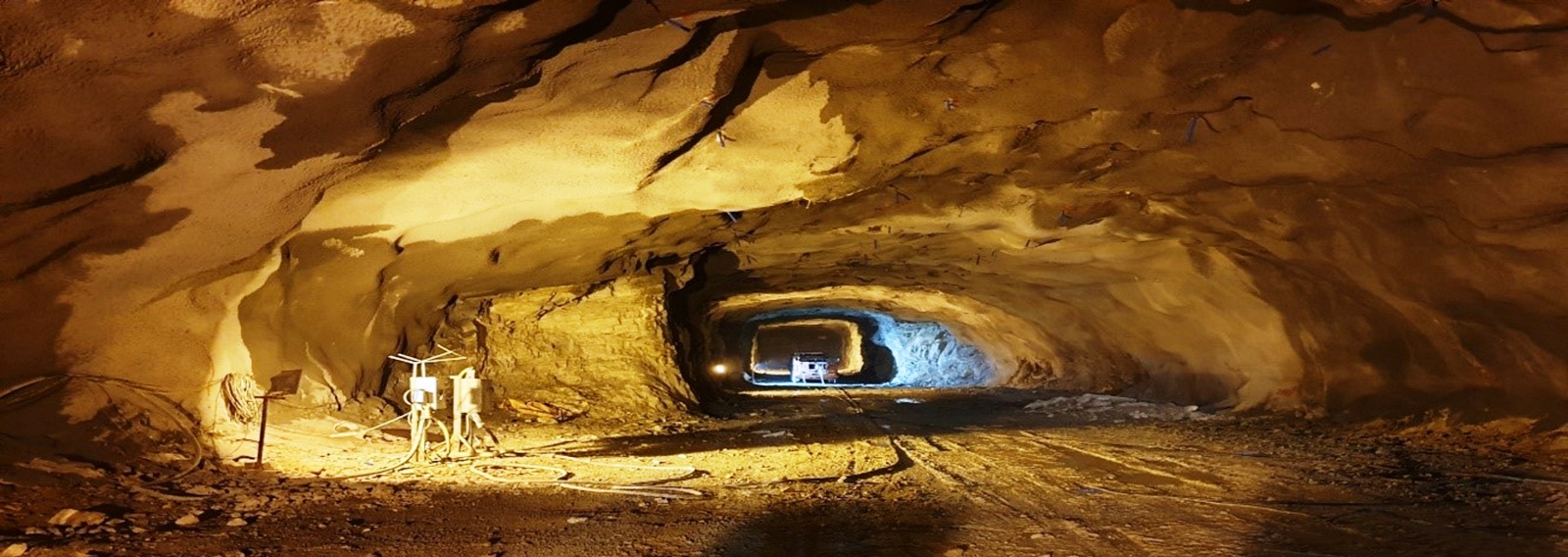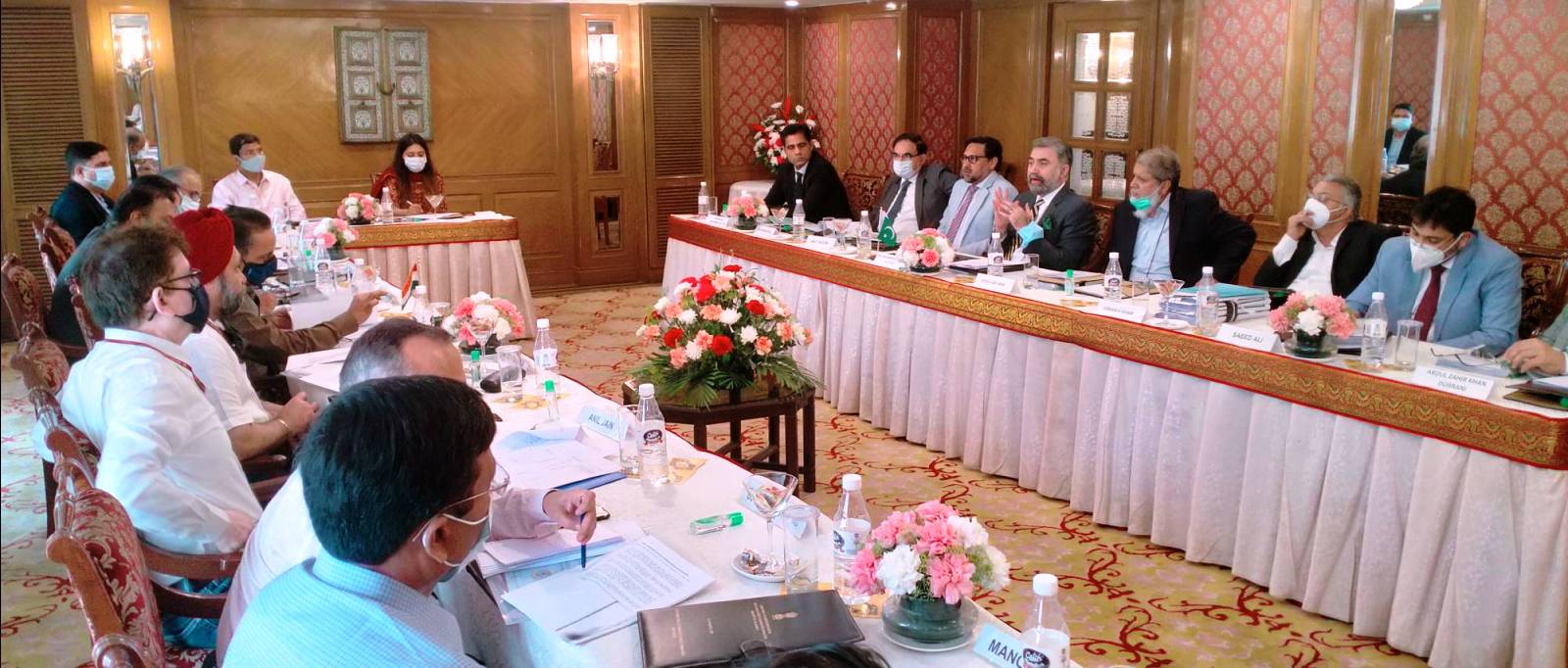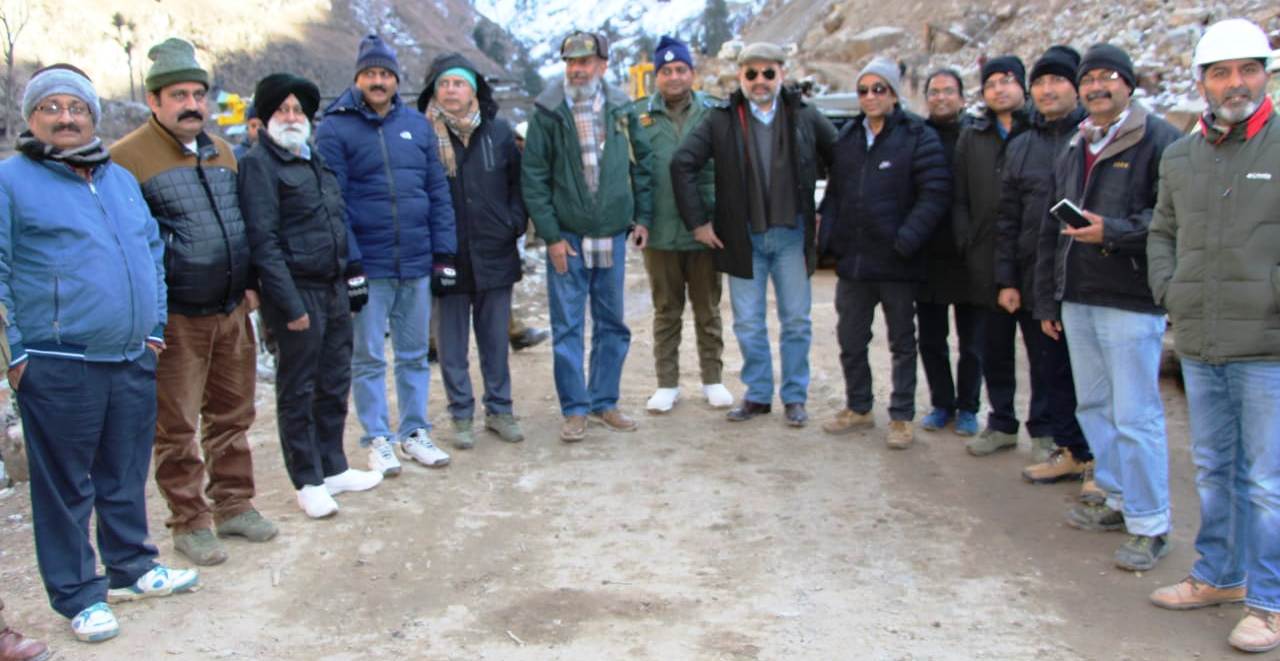SRINAGAR: More than two years after the Permanent Indus Commission of India and Pakistan met for the first time, what was on the table were various hydroelectric projects in Jammu and Kashmir. Though the meeting is still underway and there has not been any formal statement, reports appearing in the media said Pakistan objected to the design of two Chenab basin projects.

“On the first day of the meeting, discussions on Pakistan’s objections to the Indian projects were held,” an official was quoted by The Indian Express says. “The Pakistan side expressed its concern regarding these projects. Both sides stated their position on the issue.”
The Indian delegation is led by Pradeep Kumar Saxena, Commissioner (Indus) and the Pakistani side is led by his counterpart, Syed Muhammad Meher Ali Shah. The last meeting of the World Bank constituted Commission, an outcome of the water-sharing Indus Water Treaty, was held in Lahore, Pakistan, from August 29-30, 2018. Media reports said that in July 2020, India had suggested a virtual meeting but Pakistan insisted on meeting at the Attari border check post, which Delhi did not approve of. The Commission has to mandatorily meet once a year. So the ongoing meeting is being seen as the warming up of the relations between the two countries.
The two projects, which are part of the ongoing discussions, are 1,000 MW Pakal Dul and Lower Kalnai. India has justified the designs of both projects. Both the projects were discussed in the Lahore meeting but the discussions remained inconclusive.
Pakal Dul
Being set up at Drangdhuran village, the 1000-MW Pakal Dul is one of the three projects that Chenab Valley Power Projects (CVPP, a Joint Venture of JKSPDL, NHPC and PTC) owns. A major storage project, it is being constructed on Marusudar, one of the tributaries of the Chenab river. Prime Minister, Narendra Modi laid the foundation stone of the project in May 2018. The design includes taking water from a 167-meter tall dam through twin headrace tunnels, 9.6 km each, to an underground powerhouse.

Bharat Heavy Electrical Limited (BHEL) has bagged the contract fir electro-mechanical works; Jaiprakash Associates Limited (JAL) is laying the dam; a joint venture of AFCONS and JAL is doing the powerhouse civil works; German major Voith Hydro is laying the four power generators and Snehal Engineering was awarded the contract for the fabrication and installation of spillways and power intake structures.
Lower Kalnai
The 48-MW Lower Kalnai is being set up on another tributary of Chenab in the Kishtwar district.
In June 2019, the State Administrative Council (SAC) under the leadership of erstwhile Governor Satya Pal Malik terminated the EPC (Engineering Procurement Construction) and PMC (Project Management Consultancy) contracts for this project and directed for re-tendering. JKSPDC owns the project and was given to Coastal Projects Pro Limited in 2013. But the progress was questionable that led to the termination of the contract. The contractor was listed in the insolvent companies by the RBI.
Pakistan Objections
Since the meeting is still underway and there has not been a formal statement yet, the exact details of the deliberations are not known. According to a report in The Arab News on the Lahore meeting, Islamabad wants India to reduce the height of the water storage capacity of the Pakal Dul dam by five meters and its spillway gates should be 40 meters higher than the sea level.

“The Indian delegation refused to entertain the request, accusing Pakistan of not constructing the water reservoirs on time and wasting a huge amount of the water in the process,” the newspaper had reported in 2018. “India, on its part, said that its facing water shortage due to climate change too.”
Though the two sides remained stuck to their positions, Pakistan Commissioner of Indus Water led a team to inspect Pakal Dul, Lower Kalnai, Ratle and other hydropower projects in the Chenab Basin between January 28 and 31 in 2019.
The exact outcome of the over delayed deliberations will be known once the meeting is over. Global news gatherer, Reuters reported an unnamed India official “played down” the “prospects for a breakthrough”.
But there is a hope that the two countries will be able to reconcile their differences.”..The 2-day discussion will resolve many water-related issues between India and Pakistan through dialogues,” the Central Water Commission had tweeted at the beginning of the deliberations.















